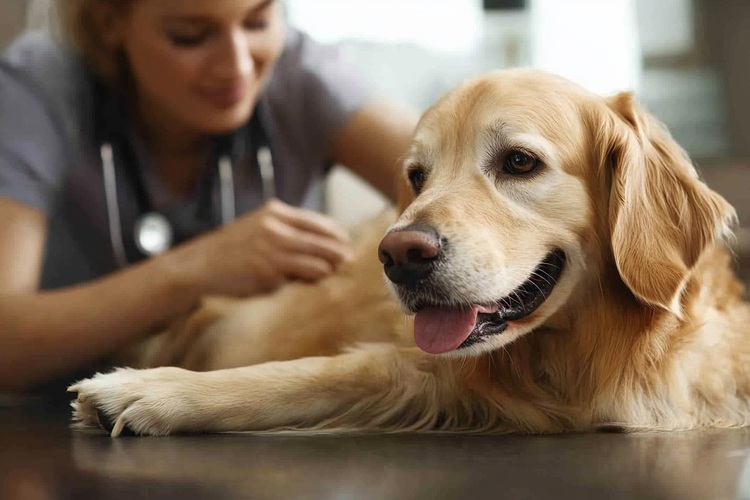Veterinarian Services: Care Options for Dogs and Cats
Veterinarian services cover a wide range of clinical and supportive care for companion animals, helping owners manage routine needs and unexpected illnesses. Whether you own a dog or a cat, understanding common services, preventive healthcare, and how to select local services can make veterinary visits less stressful and more effective for your pet.

What do veterinary clinics offer for pets?
Veterinary clinics provide diagnostic, medical, surgical, and preventive services for pets. Typical offerings include wellness exams, vaccinations, dental care, parasite control, diagnostic imaging (like X-rays and ultrasound), and laboratory testing. Many clinics also perform spay/neuter surgeries and basic soft-tissue procedures. Staff often include veterinarians, veterinary technicians, and reception personnel who coordinate care, maintain medical records, and advise owners on nutrition, behavior, and long-term management of chronic conditions.
How is care tailored for dogs?
Dog care often emphasizes preventive measures, behavior support, and breed-specific risks. Routine services for dogs include core vaccinations, heartworm testing and prevention, flea and tick control, dental cleanings, and weight management. Working or large-breed dogs may need joint health monitoring and tailored exercise plans. For sick dogs, veterinarians evaluate symptoms with physical exams and diagnostics, then recommend medical or surgical treatment. Communication about activity restrictions, medication schedules, and follow-up is important for good outcomes.
How is care tailored for cats?
Cat-focused veterinary care recognizes feline-specific needs and stress-sensitive handling. Clinics may provide feline-only exam rooms or appointment times to reduce anxiety. Services common for cats include vaccinations appropriate to lifestyle (indoor vs. outdoor), dental care, routine bloodwork to screen for kidney disease and hyperthyroidism, and parasite prevention. Because cats often mask illness, regular wellness checks and baseline lab tests are helpful for early detection. Behavior consultation and environmental enrichment advice are also frequent parts of feline care plans.
Preventive pet healthcare services
Preventive healthcare aims to reduce the chance and severity of disease through early detection and routine measures. Core components include vaccination schedules, parasite prevention, dental care, nutritional counseling, and annual or semi-annual wellness exams with blood and urine testing as pets age. Preventive strategies also cover microchipping, behavior training to prevent injury, and breed-specific screening for hereditary conditions. Preventive care tends to lower long-term health risks, supports a better quality of life, and can reduce emergency visits when issues are caught early.
This article is for informational purposes only and should not be considered medical advice. Please consult a qualified healthcare professional for personalized guidance and treatment.
Choosing local veterinary services for your pet
When selecting local services, consider clinic hours, emergency availability, staff qualifications, and the range of services offered. Options include general practice clinics, emergency hospitals, specialty referral centers (for internal medicine, oncology, or surgery), mobile clinics, and telemedicine consultations. Ask about appointment policies, how medical records are handled, whether in-house diagnostics are available, and how follow-up care is managed. Reviews and recommendations from other pet owners or rescue organizations can help, but direct conversations with clinic staff often provide the clearest picture of fit and approach.
Conclusion
Veterinarian services encompass many layers of care for dogs and cats, from routine wellness to advanced diagnostics and surgery. Understanding what clinics offer, how care differs between species, and the value of preventive healthcare can help pet owners make informed decisions about their companion’s wellbeing. Regular communication with a trusted veterinary team supports better health outcomes and a more comfortable experience for both pet and owner.





